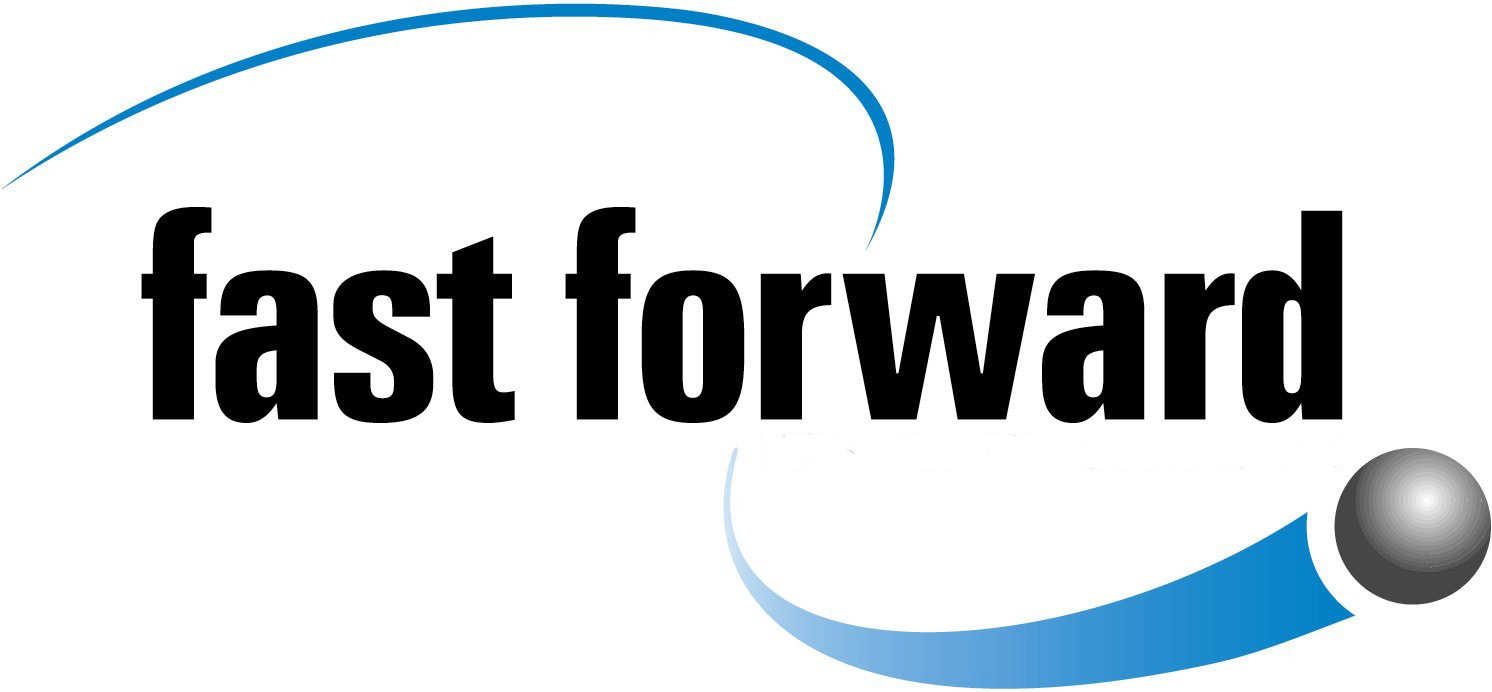Guest blog: Chris from Fathers Network Scotland on men’s health
May 30, 2022
Men’s Health Week is this month (13-19 June). In this blog, Chris Miezitis from Fathers Network Scotland shares how their work supporting fathers is connected with gambling and many other related health issues.
While being, and becoming, a father can be an incredibly positive and fulfilling experience, fatherhood is often a challenging and difficult experience. The reality for most dads, and indeed for any parent, is that we experience a fair share of these highs and lows throughout parenthood, sometimes all at once.
Here at Fathers Network Scotland, we recognise just how important a supportive father is to the wellbeing of children, mums, families, and society. Since our inception in 2010, we’ve reached hundreds of thousands of people across Scotland promoting positive father involvement. We support dads and families to get the help they need when they need it, and train professionals in father-inclusive practice, as well as encouraging employers across Scotland to support shared parenting.
All our work is underpinned with a robust evidence base which tells us that not only do children to better at school, are more likely to be happier and healthier, have a greater capacity for empathy and a higher self-esteem and life satisfaction when they have a supportive father figure, but that a dad’s support and his mental health and wellbeing can have a huge impact on how a mum feels, how confidently she parents, and on her own wellbeing.
Indeed, mums tell us that the support of their partner is crucial, and in fact a partner’s support during pregnancy and labour is the most important to them.
During COVID-19, we saw how enforced restrictions in maternity wards and other settings impacted on the emotional wellbeing of mothers, on their partners and how it hampered the nurturing, supportive environment the mothers, infants and families want and need most at this crucial time.
But even when a dad is present, he can sometimes struggle to be the supportive partner and father he wants to be. How might that happen, how might a dad cope, and how might this impact on those around him?
Suicide is the leading cause of death in men in the UK under the age of fifty, and men are at increased risk of poor mental health in the first year after a baby is born: one in ten new dads are likely to suffer with post-natal depression. Compounding the problem for many fathers are the wider cultural expectations that pregnancy, childbirth and the aftermath are solely a challenge for women, and that men should be strong, silent and supportive. The increased financial burden of parenthood, a loss of self and identity, balancing work and family life, a feeling of not being good enough, the loneliness and isolation of new parenthood…any and all of these things can have a negative impact on a dads mental health.
And if a dad is struggling with his mental health, he may cope in ways that can sometimes be self-destructive or harmful to those around him. One negative consequence of poor paternal mental health can be an increase in addictive behaviours such as drinking, smoking, substance abuse and…gambling. And it’s hard to avoid the temptation for many dads, as gambling advertising pollutes our national sport, football, sold as a fun, colourful and exciting leisure activity – an easily and instantly accessible and addictive escape from reality, perhaps?
Paternal mental health is a critical public health issue: both in terms of the incidence of poor paternal mental health and the consequent negative impact on outcomes for mothers, infants, fathers, and families. If clinical and community support for poor paternal mental health is not addressed, understood, and invested in, then the risk is that not only will there be more immediate consequences for mothers, infants, and fathers, but that there will be the increased risk of longer term or lifelong negative impacts on a family unit, as well as a significant socio-economic cost.

